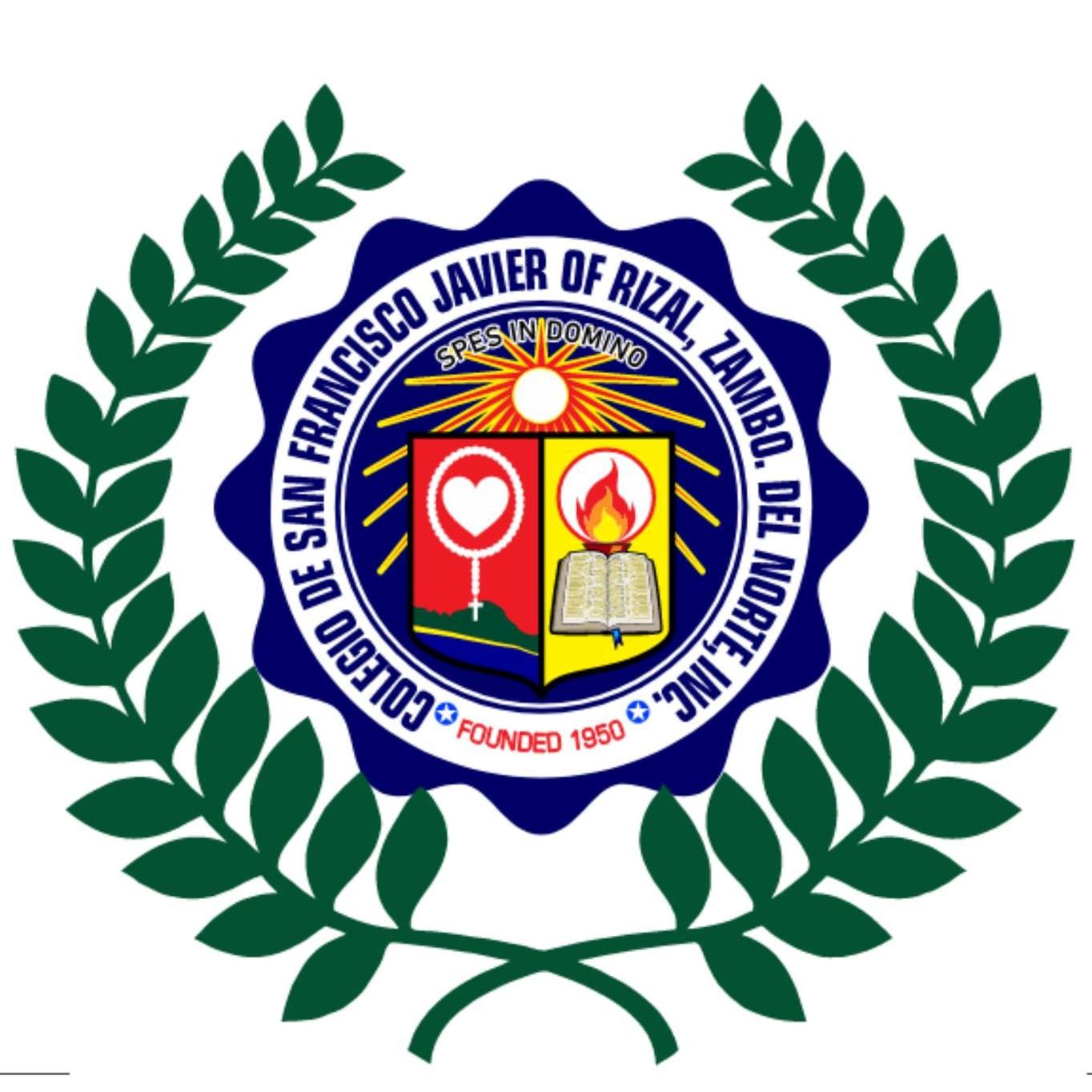UNDERSTANDING MENTAL HEALTH KNOWLEDGE AND AWARENESS: A STUDY OF COLLEGE STUDENTS’ HELP-SEEKING BEHAVIOR
Keywords:
Mental Health Literacy, Mental Health Awareness, Help-Seeking Behavior, College Students, Stigma, Social Work EducationAbstract
Mental health literacy is crucial for encouraging help-seeking behavior, especially among college students at risk for mental health issues. However, knowledge gaps and stigma often prevent timely help-seeking. This study examines the limited mental health knowledge and awareness among Filipino college students and its impact on well-being. It aimed to assess the knowledge, awareness, and beliefs of Social Work students at Colegio de San Francisco Javier and identify factors influencing help-seeking behavior. A descriptive quantitative survey was conducted among Social Work students (N=348), with 321 respondents (92% response rate). A structured questionnaire adapted from Siddique et al. (2022) measured three scales—Knowledge, Awareness, and Beliefs—on a 4-point Likert scale. Data analysis computed weighted mean scores, with higher scores indicating greater literacy or positive attitudes. Results showed students had moderate mental health knowledge (mean = 2.64, “Agree”), though misconceptions persisted, including doubts about treatability. Awareness scores (mean = 2.86, “Agree”) reflected willingness to seek help, but stigma-related beliefs remained, such as uncertainty about mental illness contagion. While most students rejected myths (e.g., mental illness caused by black magic), a minority still endorsed them. The findings highlight that despite reasonable mental health literacy, gaps persist, which may hinder help-seeking. This study underscores the need for improved mental health education, peer support, and better access to services to dispel myths, reduce stigma, and promote early intervention.





